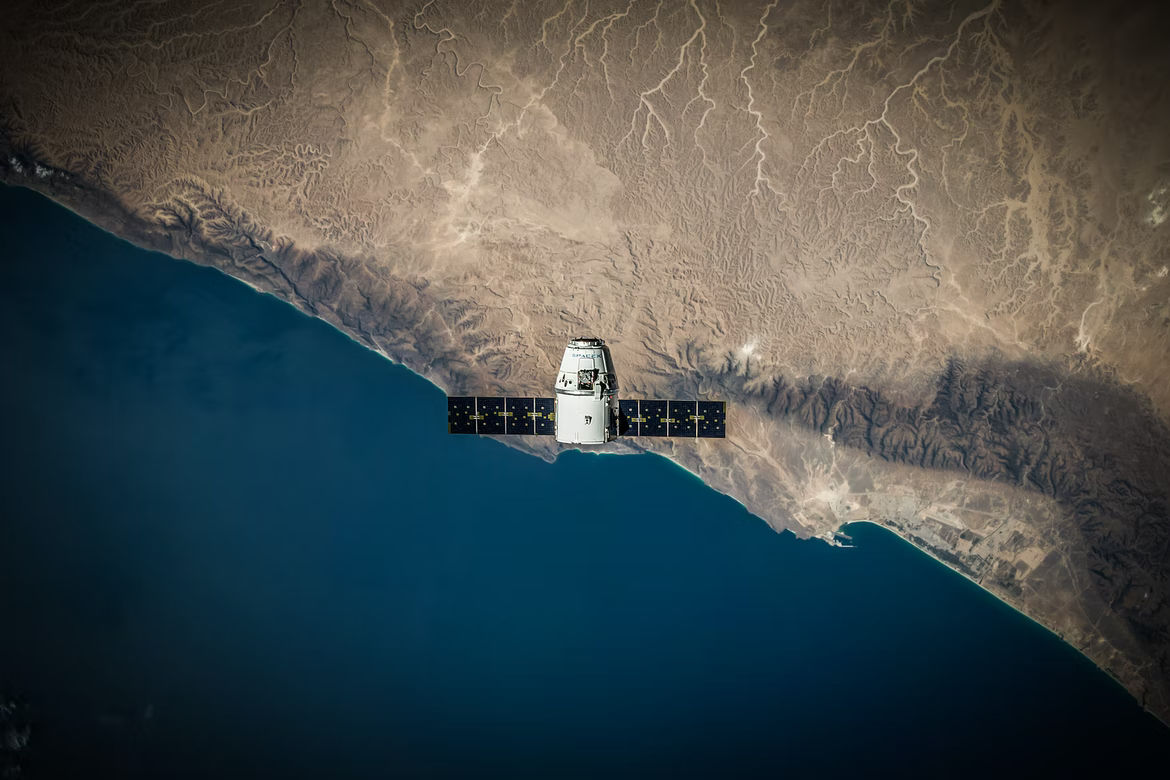The European Space Agency (ESA) stated that one of its satellites had to carry out an emergency manoeuvre to dodge the space debris from a Russian satellite that Moscow deliberately blew up last year.
The ESA’s Sentinel-1A is an earth observation satellite that was launched in 2014, and almost collided with the debris of the defunct Russian satellite.
Also Read | Elon Musk’s SpaceX poised to become the most valuable US startup, here’s why
The agency tweeted “On Monday, for the first time, we performed a set of manoeuvres to avoid a high-risk collision with space debris created in the Cosmos 1408 anti-satellite test last year.”
The space agency further noted that the move to avoid the debris was a difficult one, and a head-on collision would have taken place otherwise.
While satellite operators have to be prepared to dodge space junk, the present situation was unique in its unavoidability, and the short warning period – that is – 24 hours, the agency added.
The Russian satellite, Cosmos 1408, was launched in 1982 as a Soviet signal and electronic intelligence satellite. In 2021, Russia controversially blew up the 40-year-old satellite as part of its anti-satellite missile test.
Also Read | NASA’s Mars lander bites the dust, literally
Space experts criticized this test due to the huge cloud of debris that was formed. Space junk has always been a point of concern as the debris goes around the planet at speeds nearing a thousand miles an hour, posing a danger to other objects in space including manned vehicles and operational satellites.
As per NASA, there was around 1,500 trackable debris from the Cosmos 1408 explosion. These pieces were flying in all directions, as opposed to the predictable orbit of the original satellite.
Also Read | Between stars for 45 years, NASA’s Voyager 1 runs into mysterious trouble
The ESA noted that the incident of dodging the satellite debris “highlights the devastating risks to the whole space environment from the (intentional) creation of space debris.”
Last year, this debris caused woe to those aboard the International Space Station (ISS). Fearing a hit, they had to take shelter, but the situation turned out fine.







